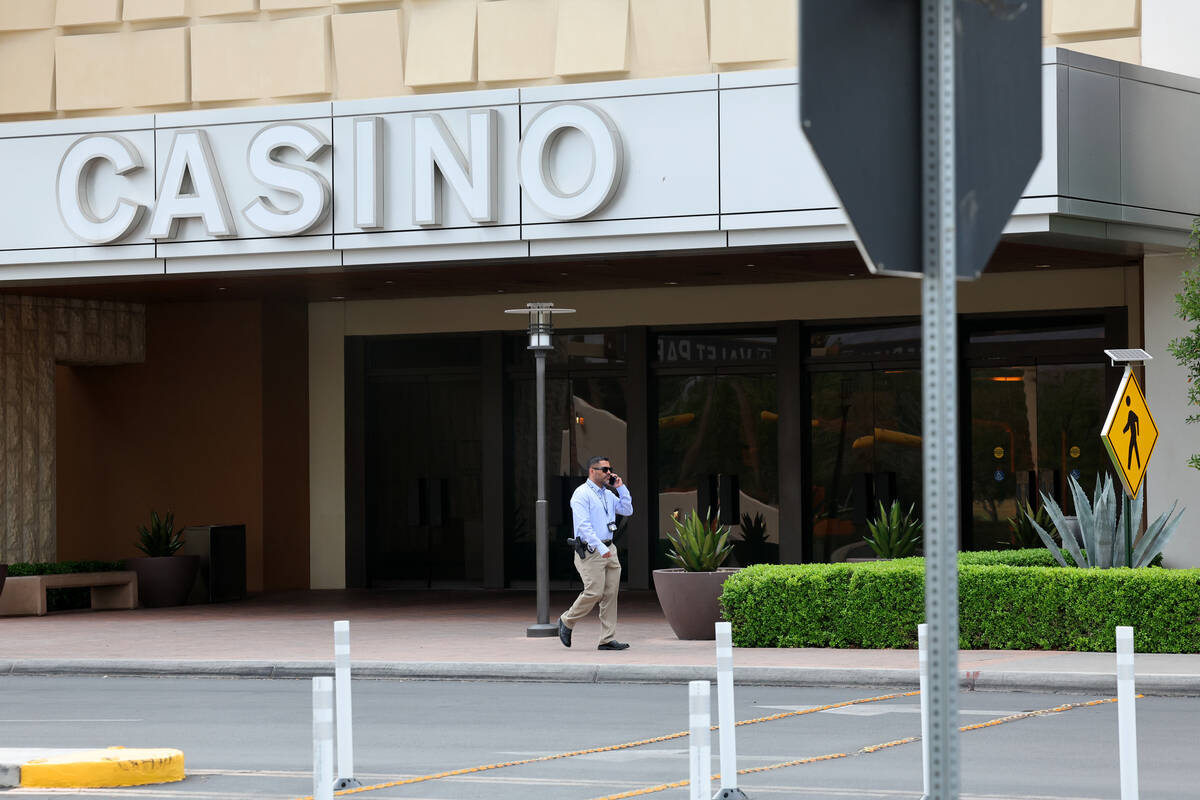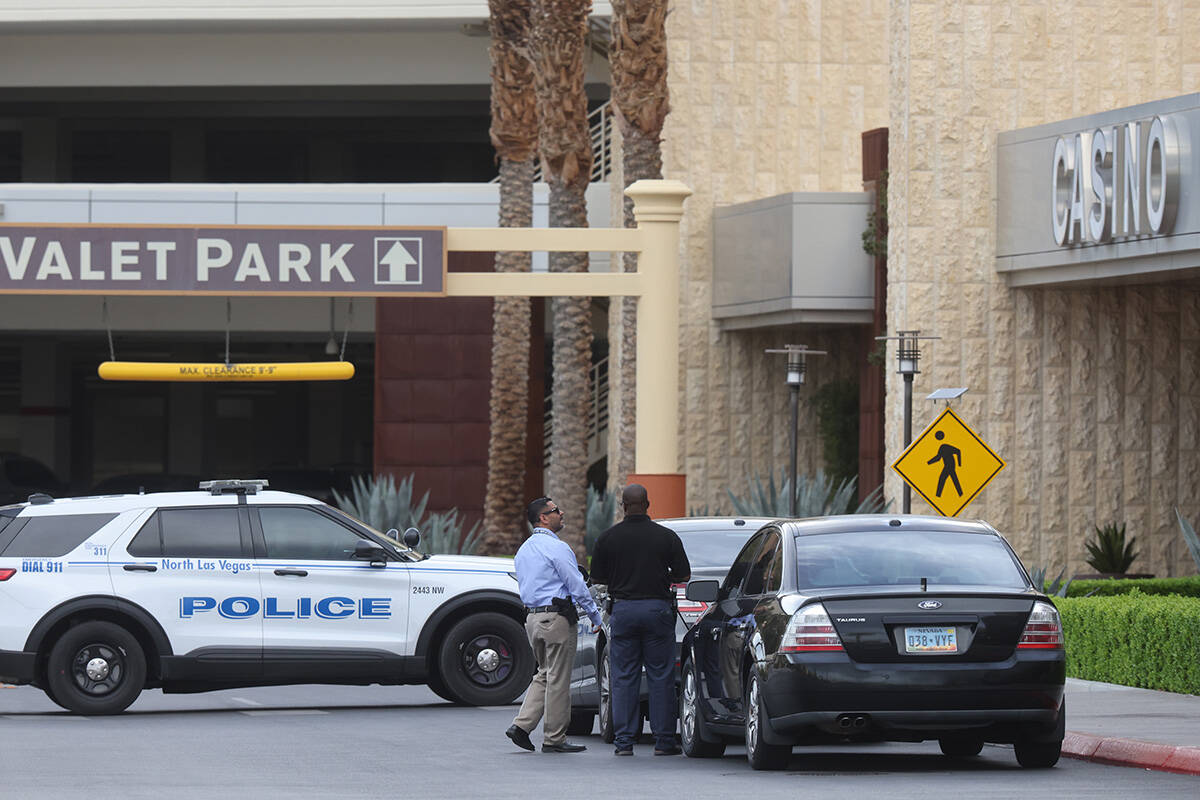Gaming industry enforcement officers and local police jurisdictions have clear parameters as to what types of criminal activity they investigate in casinos.


When North Las Vegas resident Na’Onche Osborne was shot and killed at the Aliante casino last month, the investigation was led by the North Las Vegas Police Department, not the Nevada Gaming Control Board’s Enforcement Division.
Even though the Control Board has a force of 93 sworn Category II peace officers certified by the state that can investigate and make arrests for criminal activity, it instead focuses on gaming-centered crime.
Aerion Warmsley, 19, is accused of fatally shooting Osborne, son of former state senator and one-time North Las Vegas mayoral candidate Pat Spearman inside the casino at Aliante. Warmsley also is alleged to have participated in a crime spree before and after the shooting, fleeing from police, and carjacking and injuring multiple people in the process. He was arrested March 27 near Boulder Highway and Sahara Avenue, where the pursuit ended hours after the shooting and booked on suspicion of open murder.
It was an incident that ended up involving multiple police jurisdictions, but a suspect was quickly apprehended. Officials say one of the reasons it was resolved quickly is that police agencies and gaming enforcement officers “stay in their lanes” whenever a crime occurs involving a casino.
“Other than gaming-related crimes, local law enforcement agencies handle criminal investigations,” Gaming Control Board Chairman Kirk Hendrick said in an interview.
“NGCB enforcement agents routinely offer to assist local law enforcement agencies whenever serious criminal activities occur at licensed gaming establishments,” he said.
Kristi Torgerson, chief of the Control Board’s Enforcement Division, said her agency routinely investigates fraudulent acts, usually involving live games and thefts from a property or from a table.
The Control Board’s website says the Enforcement Division maintains five offices statewide and operates 24 hours a day, seven days a week. Primary responsibilities are to conduct criminal and regulatory investigations, arbitrate disputes between patrons and licensees, gather intelligence on organized criminal groups involved in gaming-related activities, make recommendations on potential candidates for the state’s List of Excluded Persons, conduct background investigations on work card applicants, and inspect and approve new games, surveillance systems, chips and tokens, charitable lotteries and bingo.
In their capacity of recommending nominations to the so-called “Black Book,” enforcement investigators look into cheating at gaming, including players and casino employees attempting to cheat casinos, as well as investigating licensees that allow minors to gamble.
The Control Board’s Enforcement Division isn’t the only team of investigators for regulators.
Another group is the Control Board’s Investigations Division, under newly named Chief Luke Rippee who took over retired Carl Hoffman last month.
Investigations Division officers travel the world to prepare reports on companies and individuals seeking licensure in Nevada.
The Control Board’s website says the Investigations Division investigates all gaming license and key employee applicants to determine their viability, business integrity and suitability for licensure or approval. Division investigators produce detailed reports which are used by the Control Board and Nevada Gaming Commission as the basis for licensing recommendations or decisions.
Those investigators have expertise in corporate securities because they analyze activities of registered, publicly traded corporations and their subsidiaries involved in the Nevada gaming industry. Actions which might affect the industry, such as changes in control, public offerings, involvement in foreign gaming, and recapitalization plans are scrutinized by the division and reported to the Board. Division investigators produce detailed reports which are used by the Board and the Commission as the basis for licensing approvals.
Those types of investigations often take months to complete. Hendrick and Gaming Commission Chair Jennifer Togliatti frequently ask licensing applicants about their experiences with investigators compared with regulatory oversight in other states.
In almost every interaction, the word “thorough” comes up in response.
This is a developing story. Check back for updates.

